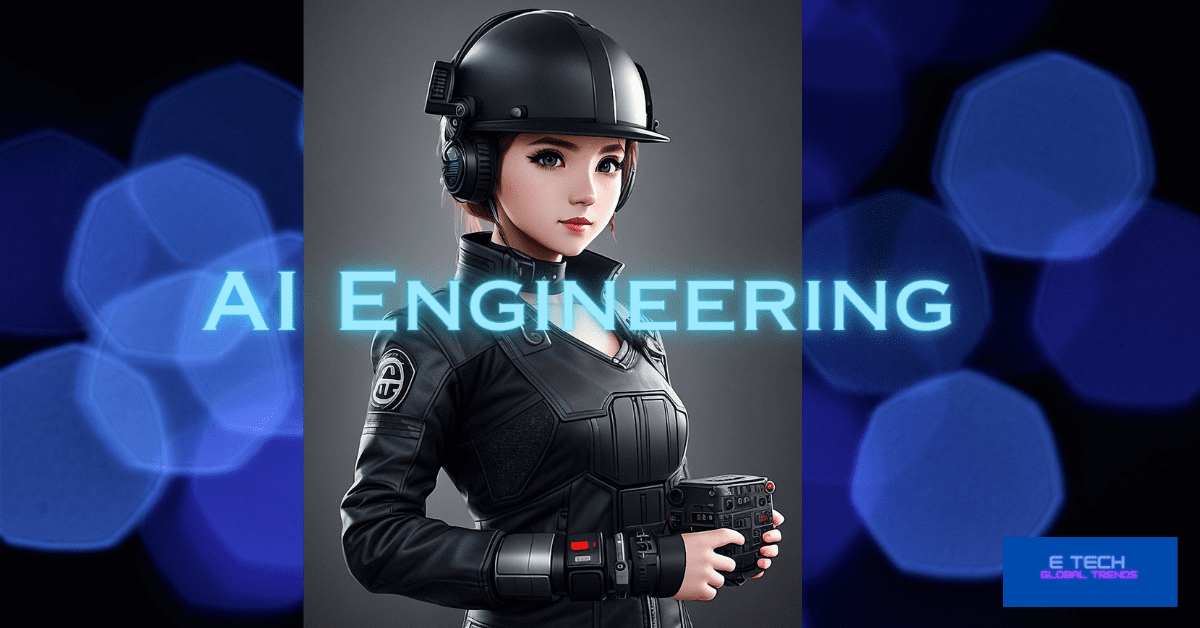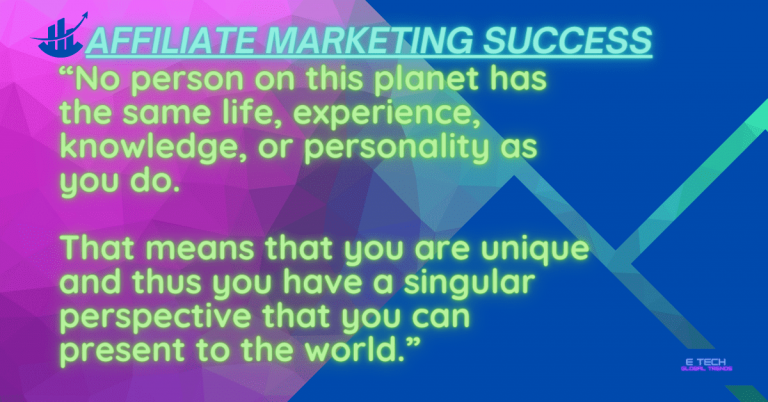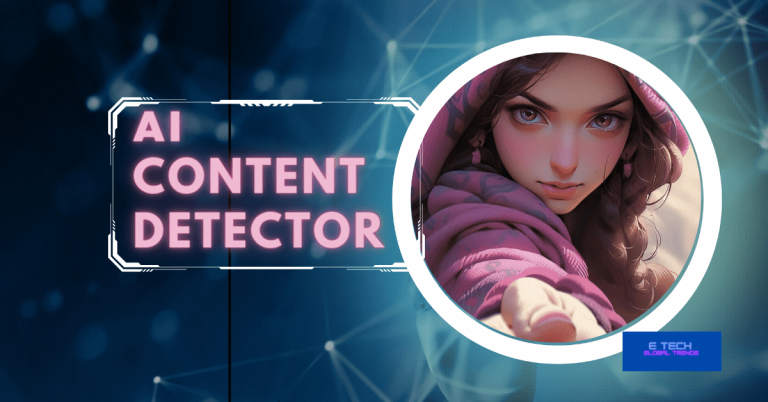AI Engineering
Engineering specialization centered on creating and using technologies and systems for artificial intelligence. the anticipated expansion or rise in prominence of the artificial intelligence engineering sector. The individual may be curious about the opportunities and prospects for those who want to work in AI engineering. They can be looking for information on industry trends, the future need for AI engineers generally, and the prospective employment market.
What is AI engineering?
Artificial intelligence engineering is a field that focuses on specific components like the design, development, implementation, and maintenance of AI systems.
AI engineering includes several facets of developing AI solutions and applications,
such as:
1.0 Data Gathering:
To create machine learning models, AI engineers gather, clean, and prepare data. Reliable data is essential for teaching precise AI systems.
2.0 Model Creation:
This entails building deep learning or machine learning models that are capable of carrying out certain tasks, such as predictive analytics, image recognition, or natural language processing.
3.0 Algorithm Choice
When choosing the right algorithms and methods to solve certain issues, AI experts consider several aspects such as data amount, complexity, and type.
4.0 Training Models
To be able to predict or classify new, unseen data, they use past data to train machine learning models.
5.0 Utilization
The deployment of AI models into real-world settings and their smooth integration with current infrastructure and systems are the responsibilities of AI engineers.
6.0 Examining and Verifying
Strict validation and testing protocols are necessary to guarantee the resilience, accuracy, and performance of the AI system.
7.0 Surveillance and upkeep
After they are put into use, AI systems need constant upkeep and monitoring to fix problems, adjust to shifting data patterns, and guarantee they keep working efficiently.
8.0 Moral Aspects to Consider
AI systems are utilizing responsibly and do not reinforce discrimination, AI developers must also take ethical and fairness considerations into account, including bias identification and mitigation.
What is the trend for AI engineering?
Future artificial intelligence engineering positions are anticipated to be very competitive and scarce for several reasons. Here are some details to think about:
Scarcity of Skilled Practitioners
There is presently a scarcity of certified AI specialists, and this situation is predicted to worsen in the coming years.
Although there is an increasing need for AI developers, there is a shortage of competent applicants.
AI engineering positions are becoming more competitive due to the lack of qualified candidates.
Enhanced Competition
Businesses are fighting to draw and keep the best employees as the need for AI developers grows [1]. AI engineers may receive better pay and perks as a result of this rivalry [2]. Businesses are also spending money on programs for training and development to make sure the AI teams they work with are qualified.
Growing Salaries
AI engineers are now earning considerably more money. A 20% rise from the year prior is reportedly the median wage for an AI engineer, which is $140,000. The increasing demand for AI engineering specialists and their scarcity are reflected in the salary increases.
Worldwide Talent Deficit
The lack of skilled AI engineers is an international issue, not just a local one [2]. However, because of their greater cost of living, some US areas, including California & New York, have a larger concentration of employment related to AI and data science, which makes it harder to draw and keep talent [2].
In conclusion, there appears to be strong competition and limited availability for positions involving artificial intelligence engineering in the future. Though there is a limited number of skilled individuals, the need for AI developers is rising quickly.
This is creating a competitive environment for businesses, driving up salaries, and necessitating the use of deliberate ways to draw in and keep AI talent.
How do I become an AI engineer?
AI is becoming a revolutionary force in today’s quickly changing world. It enables inventions, reshapes industries, and impacts our daily lives.
The need for qualified AI developers who can realize AI’s potential is growing along with the technology’s notoriety.
This response will provide you with a successful path if you aim to work as an AI developer and influence the future.
The world is changing quickly due to AI, and there is an exponential increase in demand for qualified AI developers.
To become a skilled AI engineer, there are several things.
you may do if you have an interest in a career in artificial intelligence.
1.0 Obtain the proper education.
For anybody hoping to become an AI engineer, a solid educational foundation is necessary.
An excellent place to start is with a bachelor’s degree in;
- data science,
- computer science,
- mathematics,
- or a similar field.
An advanced degree in artificial intelligence (AI) or a related discipline, such as a master’s or Ph.D., can be highly beneficial.
2.0 Acquire the requisite abilities.
To become a competent AI engineer, you’ll need to acquire the requisite abilities and a solid educational background. Among these abilities are:
1.0 Programming languages
Popular AI programming languages include
- Java,
- C++.
- Python,
- R, Scala.
2.0 Machine learning algorithms
Neural networks, KNN, linear regression, and Naive Bayes are a few of the most widely used machine learning methods.
3.0 Data science
Concluding data is a component of data science. To train and implement AI models, data science approaches must be mastered by AI engineers.
4.0 Cloud computing
The deployment and scalability of AI models depend on cloud computing platforms such as;
- Google Cloud Platform (GCP),
- Microsoft Azure, and
- Amazon Web Services (AWS).
3.0 Acquire real-world experience.
Doing is the greatest way to learn AI. Working and developing AI projects or taking part in hackathons are excellent ways to get real-world experience, enhance your abilities, and network with other AI engineers.
4.0 Keep yourself informed about any new developments.
Since the field of artificial intelligence is always changing, it’s critical to keep up with the most recent advancements. Attending conferences, taking online classes, and reading blogs and publications about AI can help you do this.
5.0 Have a lifelong curiosity.
Given how quickly AI develops, it’s critical to continue learning throughout your life. This entails having the openness to pick up new skills and adjust to emerging technology.
6.0 possesses a high ability to solve problems.
AI developers must possess the ability to handle challenging issues. Strong problem-solving abilities are necessary for this, as well as the capacity for original thought and creative problem-solving.
7.0 possesses the ability to operate both alone and as a group.
Although they must be able to function well in a team, AI engineers often frequently operate alone. Effective communication and teamwork abilities are necessary for this.
7.0 Have an enthusiasm for AI.
In the end, having a strong enthusiasm for AI is essential for becoming a skilled engineer. This entails having enthusiasm about AI’s ability to resolve practical issues.
You can become a skilled AI engineer if you have the necessary training, education, and experience.
It’s crucial to keep in mind, though, that success in the field of artificial intelligence requires perseverance and hard effort. An AI profession,
however, may be incredibly fulfilling if you’re prepared for the task.
Your best bet for effectively learning the skills is to enroll in data science classes. So, we recommend taking data science courses at Tutort Academy.
Let us clarify
Tutort Academy for Professionals in the Workforce: It might be difficult to strike a balance between your job obligations and your ongoing education as a working professional. Professionals looking to study data science may find Tutort Academy to be a great resource.
What is an AI engineer’s top 10 toolkit?
To be competitive, AI engineers must have a broad toolbox in their dynamic and demanding industry.
For AI engineers, the following are the top tools:
1.0 OpenCV
A key area of artificial intelligence is computer vision and engineers working in this field depend heavily on OpenCV (Open Source Computer Vision Library). For object detection, feature extraction, and video and image processing, OpenCV provides an extensive range of functions and methods. It is a useful tool for creating artificial intelligence applications for the analysis of images and videos.
2.0 Apache Beam
An open-source unified programming architecture for data processing means Apache Beam. For data processing in real-time applications, it is a useful option since it can be used to create pipelines for both batch & streaming data processing. For AI experts, Apache Beam is a flexible tool since it supports several machine learning frameworks and data sources.
3.0 H2O.ai
An open-source AI framework with machine learning & predictive analytics features is the fastest and most accurate cloud-based AI system. It supports several methods, such as generalized linear models, gradient boosting, and deep learning. A fantastic option for people with less experience with AI/ML, the quickest and most accurate AI cloud service features an intuitive interface for building and deploying ML models.
4.0 The Git and GitHub
An essential component of AI engineering is version control and collaboration. Engineers can efficiently manage code repositories, interact with team members, and keep track of changes with Git, a distributed version control system. With its web-based GitHub platform, which is based on Git, the AI community may collaborate as it offers a single location for hosting & sharing AI projects.
5.0 Apache Spark
Well-built for big data analytics, Apache Spark is an open-source platform for processing data. Spark is a great tool for data pretreatment, transformation, and analysis since AI developers frequently work with enormous datasets. Spark also has distributed computing capabilities. Scalable machine learning pipeline construction is made easier by Spark’s MLlib machine learning framework.
6.0 NVIDIA GPUs
Strong Graphics Processing Units (GPUs) are frequently used by AI developers to train deep learning models effectively.
Because of their ability to process data in parallel, NVIDIA GPUs, such as the Quadro and GeForce series, have become the industry standard for AI development. With the help of these GPUs, developers may experiment with more intricate designs and more datasets as they speed up model training and inference.
7.0 PyTorch
Because of its dynamic computing structure, which makes debugging and model creation easier, PyTorch—created by Facebook’s AI Research lab—has grown in popularity. Strong community support guarantees access to a large variety of pre-trained models & resources, and it offers an adaptable and user-friendly framework for developing deep-learning models. The fact that PyTorch integrates with well-known libraries such as Transformers and Fastai increases AI engineers’ interest in it.
8.0 Docker
A framework for containerization called Docker makes it easier to scale and deploy AI applications. AI developers may ensure consistency across many contexts by packaging their models, libraries, & dependencies inside Docker containers. This containerization technique is a vital tool for AI engineers developing production-ready solutions since it simplifies deployment to cloud platforms, edge devices, and especially server clusters.
9 .0TensorFlow
TensorFlow, a free and open-source deep learning platform created by Google, is now a mainstay of AI engineering. Building and implementing deep learning and machine learning models is there to make it easy with TensorFlow’s extensive ecosystem. Model creation is now simpler with its high-level APIs, such as Keras, and model distribution in production settings makes it ease via TensorFlow Serving. TensorFlow can be scaled to accommodate different hardware configurations and is compatible with CPUs, GPUs, and TPUs.
10.0 Jupyter Notebook
For AI developers, Jupyter Notebooks are an essential tool since they offer an engaging and easy-to-use environment for experimentation and code development. Engineers may more easily document and communicate scientific and technological progress by combining code, visuals, and explanatory prose into a single document. Jupyter Notebooks are adaptable for a variety of AI applications since they support Python as well as several other programming languages.
Top 9 reasons why this is an excellent choice?
1.0 expertise
You will have the chance to gain knowledge from mentors whose work is distinguished scholars in their domains. these mentors will include Ph.D. holders from esteemed foreign universities as well as graduates from elite institutions like;
- IITs,
- IIMs, and
- NITs.
These mentors have been teaching students in Data Science and other fields for at least seven years.
2.0 real-time engagement
The institution is proud of the top-notch instruction it offers, which is given virtually in real time. Because there are fewer participants in the group, each one gets individual attention and may actively participate in interactive conversations with their mentor.
This method guarantees that each topic may be fully understood by the pupils and promotes a deeper comprehension of the material.
3.0 human instructors
They provide individualized sessions for resolving doubts in addition to their regular classes. Your instructor will be ready to answer any questions you may have during the course in one-on-one question sessions.
Your comprehension of the ideas being taught will be ensured by this individualized help.
4.0 real-time projects
Students may now work on original, real-time projects thanks to their partnerships with top companies and sectors.
To improve your career and prospects in the sector and obtain real-world experience,
these projects are fantastic. You may get extensive domain knowledge—which is essential for passing interviews and landing attractive career opportunities—by working on projects in a variety of industries, including healthcare, banking, e-commerce, automotive, and retail.
5.0 virtual, professional working environment
According to their qualifying requirements, candidates will be shortlisted by the admissions committee after registering.
The committee confirms that you satisfy the prerequisites before sending you any information about the course, as their courses are designed exclusively for working professionals.
You will be paired with a data scientist, not a salesperson, who will walk you through the course schedule, learning objectives, project specifics, and long-term advantages. You may tap into the knowledge and experience of industry specialists through this direct engagement, which also creates a seamless link.
6.0 directed for great professions
They help you with placements till you land a good job. In addition to doing one-on-one mock interviews alongside their data scientists and guaranteeing job calls from both startups and elite firms, they also provide professional assessments to assist you in creating a strong LinkedIn profile and résumé.
7.0 supporting exam success
Once you’re enrolled, they provide a flexible pass that can last up to two years if you can’t finish the course for whatever reason. This enables you to seamlessly finish your course and rejoin any group of your choosing within that time frame.
8.0 Unique access to the resource
Permanent access to the LMS-Learning Management System site is provided by them to guarantee convenient access to study materials and lecture recordings.
In this manner, you may go over the material again and check your comprehension whenever necessary.
9.0 take care
Start your learning process with them and take advantage of their commitment to excellence and all-encompassing methods of teaching and developing careers.
Summary
Software engineering, Computer science, data science, machine learning, & domain-specific knowledge are all combined in the multidisciplinary area of AI engineering.
It is essential to the development of artificial intelligence applications in several sectors, such as banking, healthcare, and autonomous cars.
AI is a major and developing subject within the technology industry, and as it develops, so too will the need for qualified AI engineers.
Hope this content helps
Cheers!
Read more on related topics here.AIOps, generative AI







